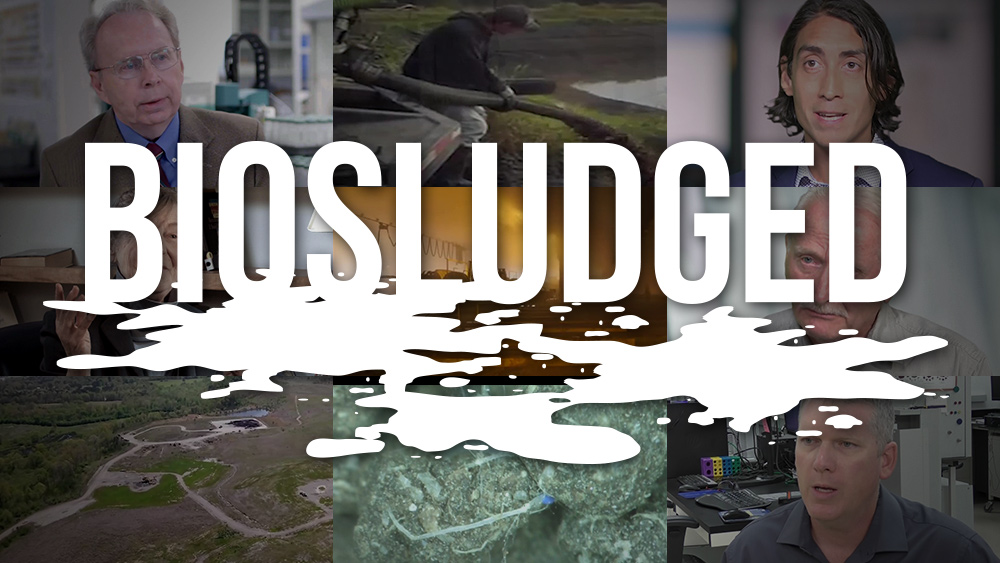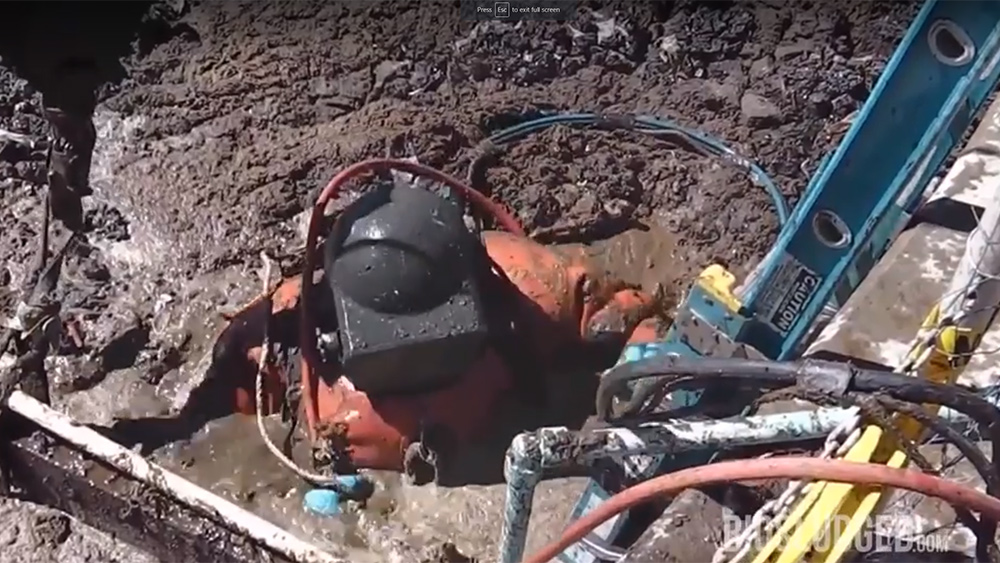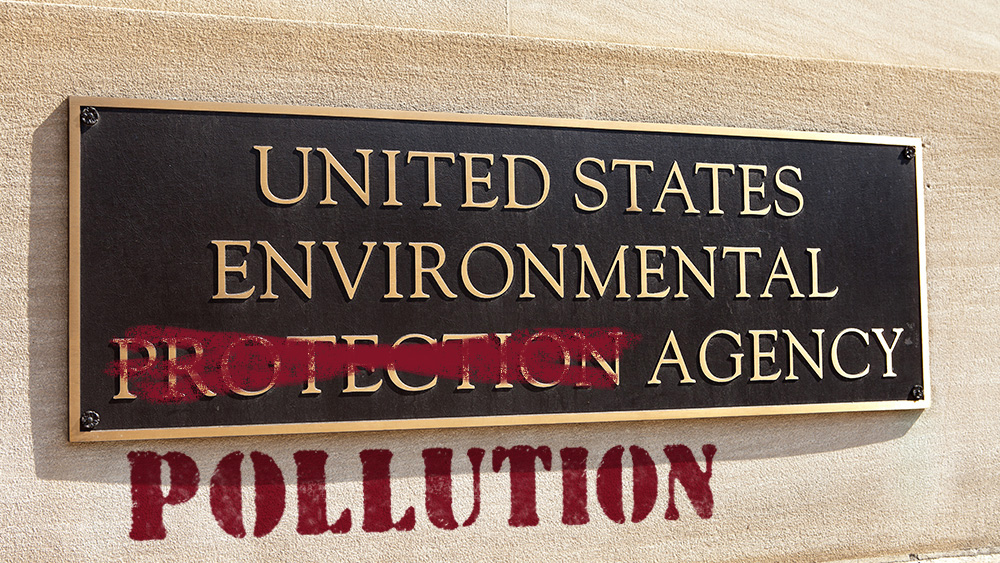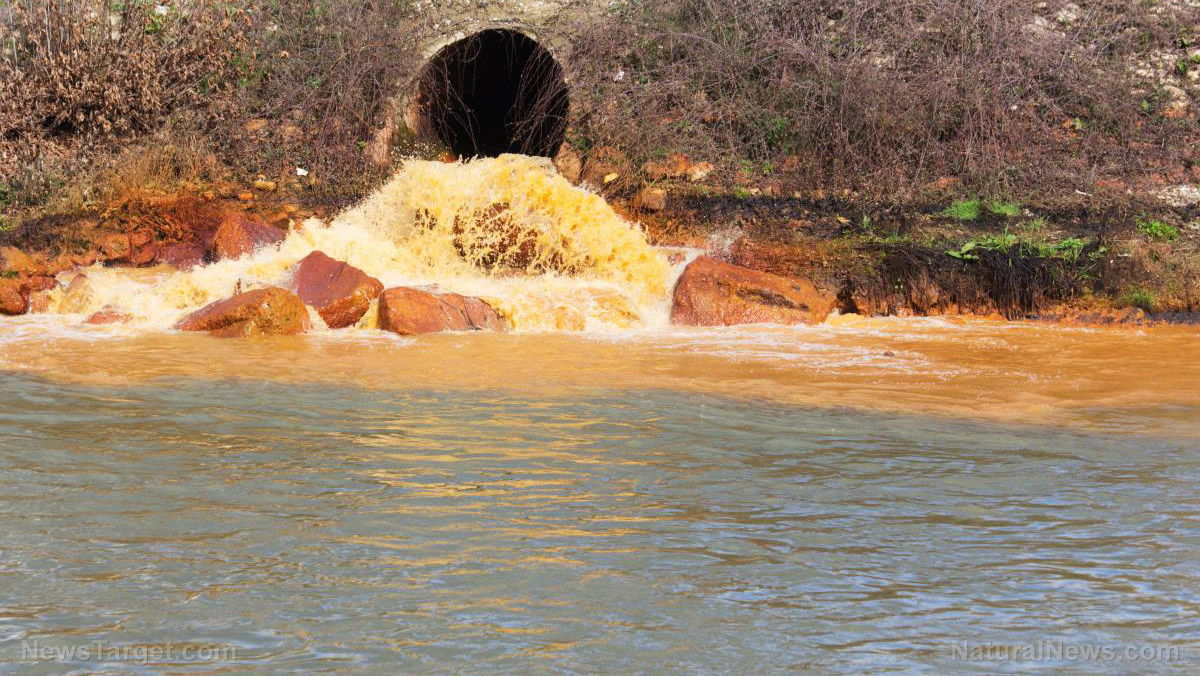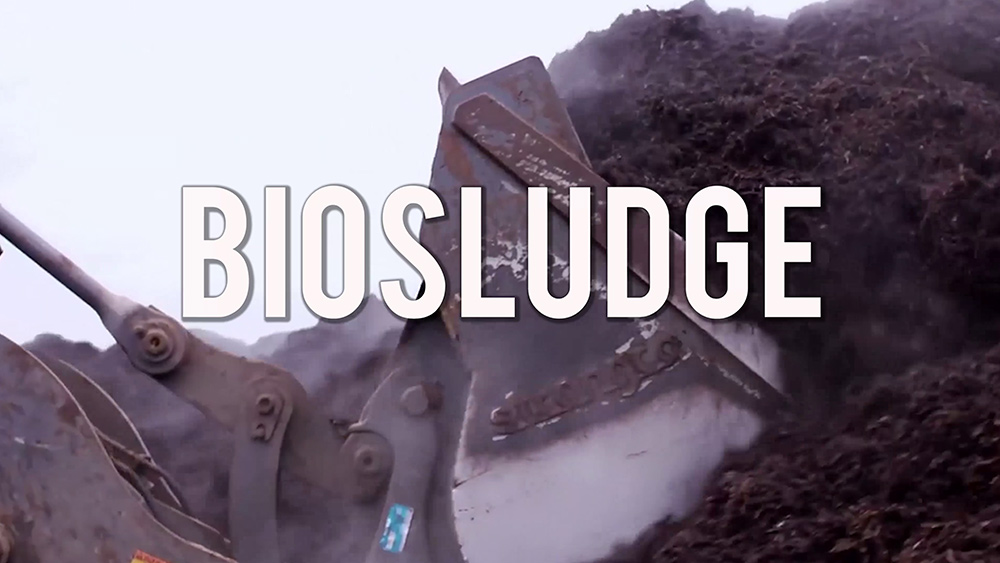Is the EPA violating federal law over fracking waste? Environmentalists say they might be
01/05/2019 / By Edsel Cook

An article in Green Med Info reported that the Environmental Protection Agency (EPA) is breaking the federal laws it is supposed to enforce. The federal agency has been accused of giving oil and gas companies free reign to use the Gulf of Mexico as a dumping ground for fracking waste.
The Center for Biological Diversity (CBD) criticized the EPA’s draft permit for water pollution discharges in the Gulf. It argued that the agency did not think too hard about the environmental effects of chemicals and wastewater from fracking and acidizing operations.
In a letter written by its attorneys, the CBD pointed out that the EPA regulators did not fully understand the dangers of the chemicals used in offshore fracking and oil well treatments. Furthermore, it pointed out that the regulators based the draft permit on extremely old data that no longer accurately applied to modern day needs.
“The EPA is endangering an entire ecosystem by allowing the oil industry to dump unlimited amounts of fracking chemicals and drilling waste fluid into the Gulf of Mexico,” warned Kristen Monsell, an attorney working for the CBD. (Related: Study links pollution from fracking to low birth weight babies.)
The EPA might be breaking the Clean Water Act it is supposed to enforce
Monsell not only stressed the irony of a federal agency breaking federal law. She also called out the EPA for failing to do its job of protecting the environment and wildlife from offshore fracking and other threats.
The CBD has previously employed legal actions to force the government to do its job of upholding environmental regulations. In 2018, it succeeded in temporarily stopping offshore fracking operations on the Pacific coast.
In fracking, a pressurized mix of chemicals, sand, and water is injected into an oil well. The highly-pressurized mix breaks up rock and sand, allowing oil and gas to rise to the surface.
Meanwhile, acidizing is a process that adds hydrochloric acid and other corrosive chemicals to the well. This also improves the output of the well.
Both technologies have been used to improve the production of old oil wells on land and at sea. The fossil fuel industry and its regulators claim that offshore fracking and acidizing operations are smaller and safer than onshore ones.
However, the chemicals used in the processes have been shown to be deadly to marine wildlife. And the oil wells are still prone to accidents, such as the 2010 oil spill involving the BP-operated Deepwater Horizon.
Offshore fracking sites can dump all their waste into the Gulf of Mexico without penalty
The latest operating permits of the EPA will not impose a limit on the amount of fracking and acidizing chemicals that an offshore oil well site can directly dump into the environment. The only restriction is that those chemicals must be mixed with the wastewater drawn from undersea wells.
The oil and gas platforms in the Gulf of Mexico dumped more than 75 billion gallons of similar “produced waters” in 2014 alone. This staggering data comes from the records of the EPA itself.
Furthermore, oil well operators are not required to test the waste stream on a regular basis. So they could get away with a few toxicity tests performed during times when there are fewer chemicals in the water.
The EPA based its permit’s requirements on data from the 1980s and 1990s. The data is long overdue for an update.
The agency’s regulators have also been very lax in enforcing the law. U.S. Department of the Interior documents showed that the EPA exempted more than 1,5000 fracking jobs from submitting comprehensive environmental reviews.
EPAWatch.org can keep you apprised of the dangerous consequences of the EPA’s inaction.
Sources include:
BiologicalDiversity.org [PDF]
Tagged Under: acidizing, EPA, EPA failure, fracking, Fracking Regulations, offshore fracking, Oil and gas industry




